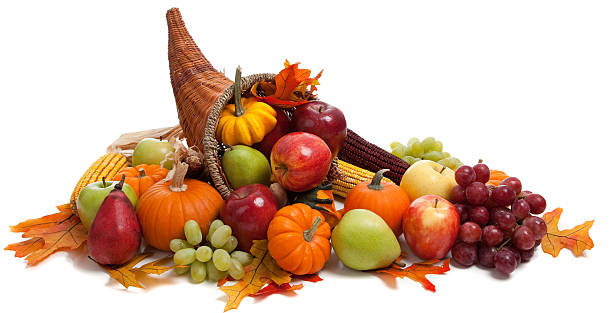Dear Readers,

A few weeks into the pandemic, there arose an opportunity–blessing, actually–for me to tune in via Zoom to “Friday Reflections” sponsored by San Diego Oasis, an organization that offers classes to those 50 and better for enrichment and lifelong learning.
“Friday Reflections” are just that–reflections by the incomparable Peter Bolland, professor of Philosophy and Humanities at Southwestern College in San Diego, CA. I have watched and listened, enthralled each Friday, to what Peter has to offer. His mission is to bring into the present some enlightenment from ancient and current masters and prophets of philosophy, poetry, and world religions. (Buddha, Jesus, Eckhart Tolle, Aristotle, Socrates, Plato, Cicero, Wordsworth, and Mary Oliver to name a few.)
On Friday, November 20, Peter’s topic was “Gratitude.” He posited that gratitude isn’t merely thanking someone for what we receive. On the contrary, it isn’t an endpoint, but rather a beginning where we have to reprogram, or retrain, ourselves to intentionally look for the beauty, abundance, and support the world has to offer daily. To consciously and aesthetically appreciate life. To leave off with cravings since they create dissatisfaction. And isn’t that a powerful message to send during the pandemic, or maybe because of it?
Peter explained that according to psychology, our minds have a “default negativity bias.” We are rewarded for worrying and finding the threat, problem, scarcity, and solutions in our lives. Important, yes, for survival, but bad if it becomes calcified as our daily mindset and action plan. We must start with accepting what is to create a well of peace within ourselves, then take steps to correct injustices through our right actions. He said that this is what Buddha called “The Holy Yes,” or what Jesus called “The Kingdom of Heaven.” Peter quoted Cicero as saying, “Gratitude is the parent of all the virtues” because from it are born courage, warm relationships, kindness, friendliness, balance, and compassion to help us weather the storms of our lives.
Peter asked, “What if we choose to make this radical shift in perception and assessment to see and measure things differently? To ascribe value to things differently?” He challenges us to remember kindness, not mistakes–ours and others’. To rise up out of negativity since it is in Peter’s words, “fake news,” factually a distortion of reality coming from within us.
So get a clue, especially at Thanksgiving, dear Readers. Isn’t it time to reprogram our operating software–if we haven’t already–to see what is going right, not wrong, and what is supportive and generative, not depletive, in our lives? Even amidst the horrors and revelations of the pandemic, we can come into an appreciation of what is and count the miraculous abundance the Universe has already given us. This is the fruit of the consciousness of Gratitude. Happy Thanksgiving and Every Day!





